Grizzly Courtyard, on the campus of Adams State College, First St. and Stadium Ave., Alamosa
After the state “officially” eradicated Ursus horribilis in the 1950s, Colorado’s last known grizzly bear was killed in the San Juans in 1979—yet sightings persist. Whether they’re out there in the Juans or not, it’s hard to forget Old Mose, so named for his perpetual moseying about the mountains surrounding the San Luis Valley. Said to have killed three people and more than 800 head of cattle, Old Mose was a truly giant bear, even by grizzly standards, weighing in at more than 1,100 pounds. Bearing a distinctive pawprint thanks to two missing toes on one of his rear feet, Mose’s home base was Black Mountain, between Salida and Cañon City, where he was finally vanquished on April 30, 1904, after taking more than 100 bullets. Adopted as a de facto mascot for the Adams State Grizzlies, the college commemorated Old Mose’s thirty-year-run on Colorado’s most dreaded list in 2006 by dedicating a twelve-foot bronze statue in the aptly named Grizzly Courtyard.
After the state “officially” eradicated Ursus horribilis in the 1950s, Colorado’s last known grizzly bear was killed in the San Juans in 1979—yet sightings persist. Whether they’re out there in the Juans or not, it’s hard to forget Old Mose, so named for his perpetual moseying about the mountains surrounding the San Luis Valley. Said to have killed three people and more than 800 head of cattle, Old Mose was a truly giant bear, even by grizzly standards, weighing in at more than 1,100 pounds. Bearing a distinctive pawprint thanks to two missing toes on one of his rear feet, Mose’s home base was Black Mountain, between Salida and Cañon City, where he was finally vanquished on April 30, 1904, after taking more than 100 bullets. Adopted as a de facto mascot for the Adams State Grizzlies, the college commemorated Old Mose’s thirty-year-run on Colorado’s most dreaded list in 2006 by dedicating a twelve-foot bronze statue in the aptly named Grizzly Courtyard.
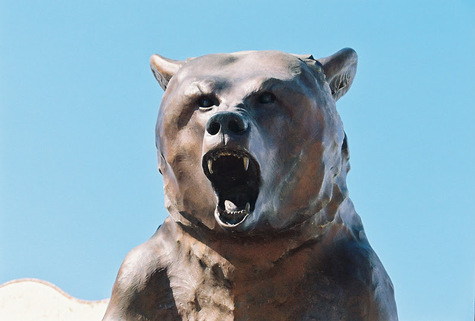
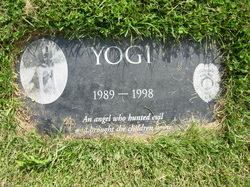
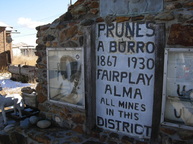
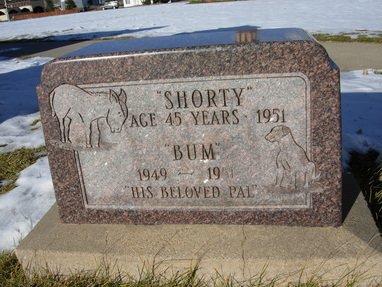
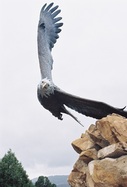
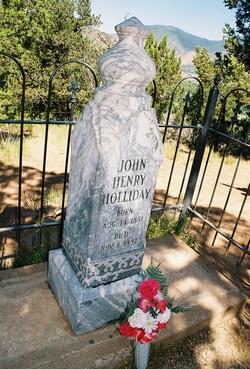
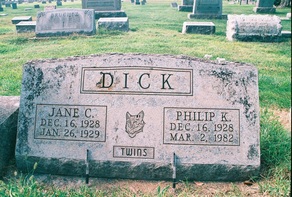
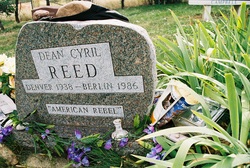
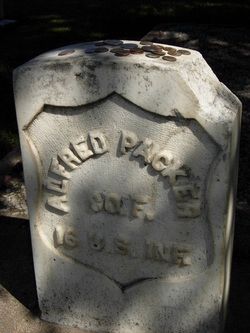
 RSS Feed
RSS Feed